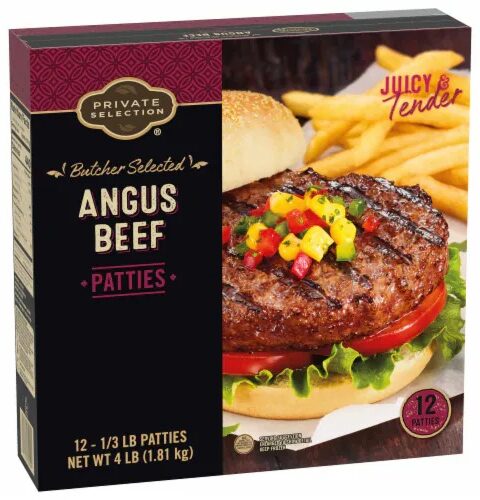Marinades can take your cooking to the next level, but they can also be tricky. Many people make simple mistakes that ruin the flavors or textures of their food. Whether you’re a grilling enthusiast or just love to cook, knowing what to avoid can save you from disappointment. In this article, we’ll dive into the most common marinade mistakes that could be holding you back. By steering clear of these errors, you’ll ensure that every bite is as delicious as it should be. Let’s get into it and make your marinades work perfectly every time!
Contents
- 1 Overmarinating
- 2 Undermarinating
- 3 Using Too Much Acid
- 4 Not Using Enough Marinade
- 5 Marinating in the Wrong Container
- 6 Not Marinating in the Refrigerator
- 7 Reusing Marinade
- 8 Using Oil-Based Marinades for Too Long
- 9 Forgetting to Dry the Meat Before Cooking
- 10 Ignoring Marinade Ingredients’ Quality
- 11 More From RetailShout
- 12 16 Hassle-Free Weeknight Meals to Make in Under an Hour
- 13 15 DIY Ice Cream Recipes to Beat the Heat
Overmarinating
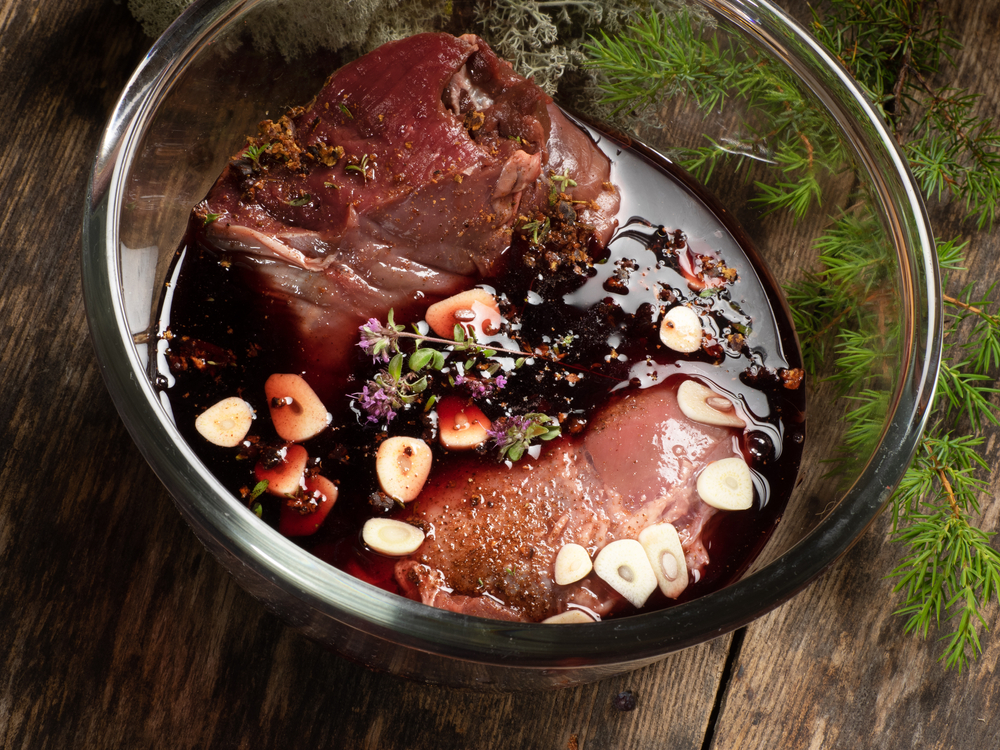
Overmarinating can lead to undesirable texture changes in your food. The acidity in the marinade can start to break down the proteins in meat, making it mushy or tough. This is especially problematic with delicate meats like fish, which can become overly soft very quickly. It’s crucial to follow recommended marinating times to avoid these texture issues. Typically, marinating for 30 minutes to 2 hours is sufficient for most meats. Overmarinating can also lead to overly intense flavors that overpower the natural taste of the food.
Undermarinating
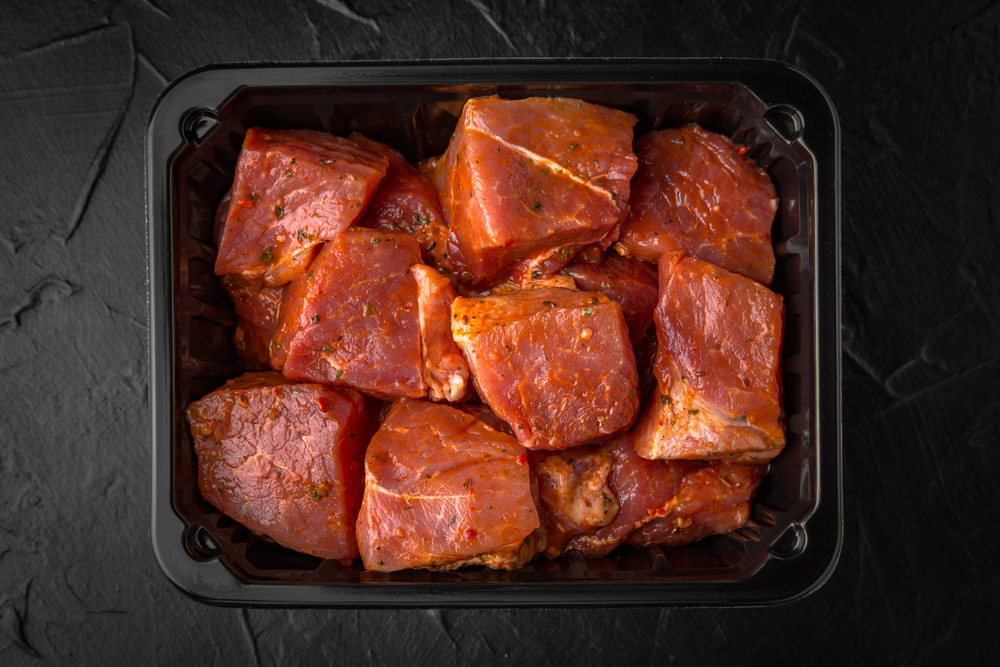
On the flip side, not marinating your food long enough won’t impart much flavor. The marinade needs time to penetrate the surface of the meat to impart its flavors. If you’re in a hurry, try using a vacuum sealer to speed up the process. Just a few minutes of marinating in this way can be equivalent to hours of traditional marinating. However, it’s generally best to plan ahead and allow enough time for the flavors to develop properly. Aim for at least 30 minutes to an hour for a noticeable impact on the flavor.
Using Too Much Acid
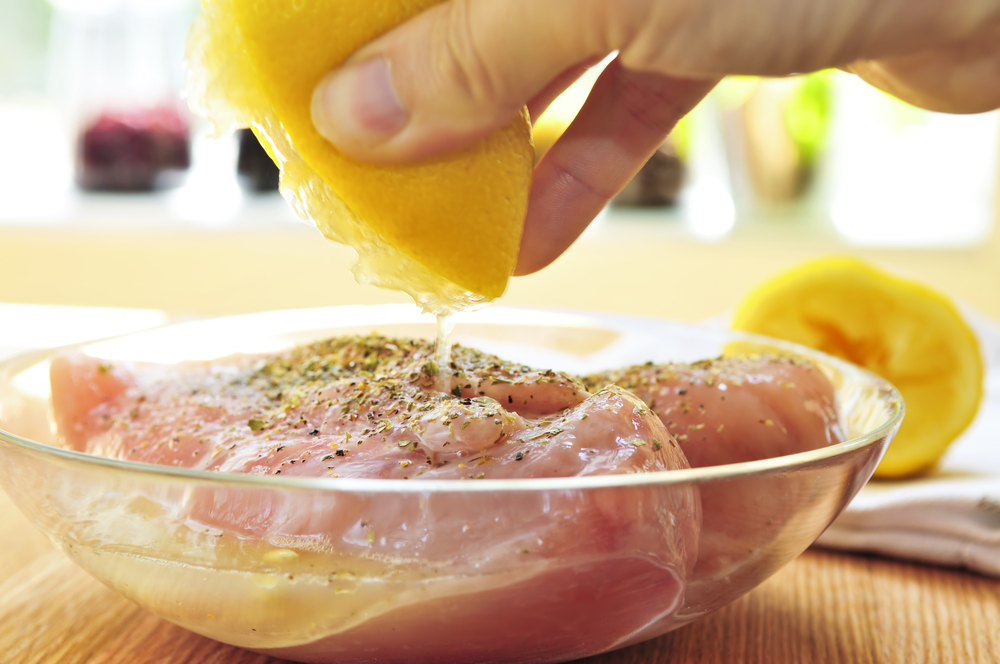
A marinade with too much acid, such as vinegar or citrus juice, can overpower the other flavors and alter the texture of the meat. Acidic marinades can break down the muscle fibers, making the meat mushy if left for too long. Balance is key in a good marinade; ensure you’re using a mixture of acid, oil, and seasonings. Including other flavor components like herbs and spices can help create a more balanced taste. It’s often recommended to use a ratio of one part acid to three parts oil.
Not Using Enough Marinade

Insufficient marinade can result in uneven flavor distribution. Make sure your meat is fully submerged or adequately coated in the marinade. This ensures that all parts of the meat receive the same flavor treatment. For larger cuts of meat, you might need to double the marinade recipe. Additionally, occasionally turning or stirring the meat while it marinates can help ensure even coverage. Remember to use a container that fits the amount of food and marinade you have.
Marinating in the Wrong Container
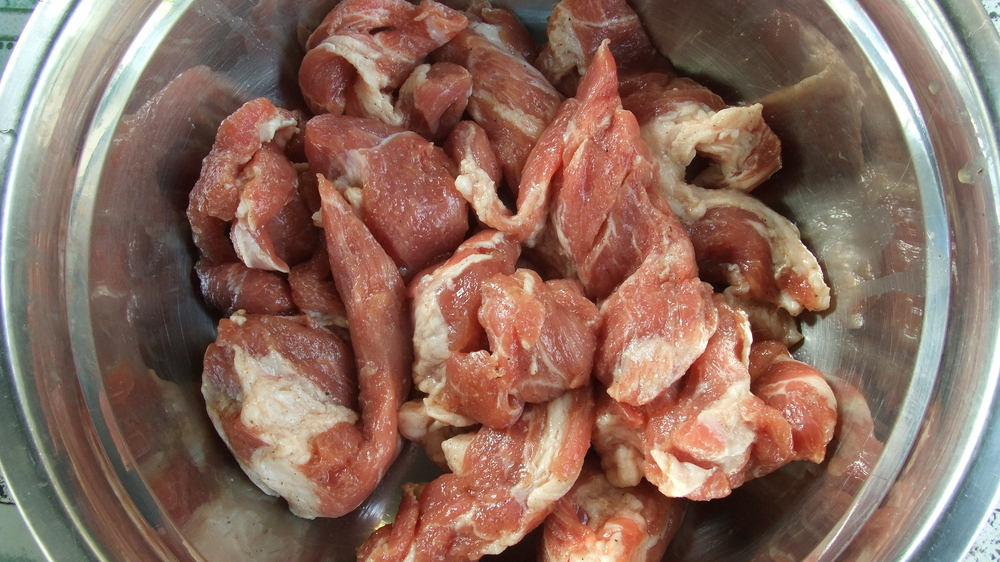
Using the wrong container for marinating can lead to contamination or react with the ingredients. Avoid using metal containers, as acidic ingredients can react with metals and impart off-flavors or even harmful substances into your food. Glass, ceramic, or food-safe plastic containers are the best choices for marinating. Additionally, sealable plastic bags are convenient and allow for better coverage of the food. Always ensure the container is clean and free of any residues.
Not Marinating in the Refrigerator
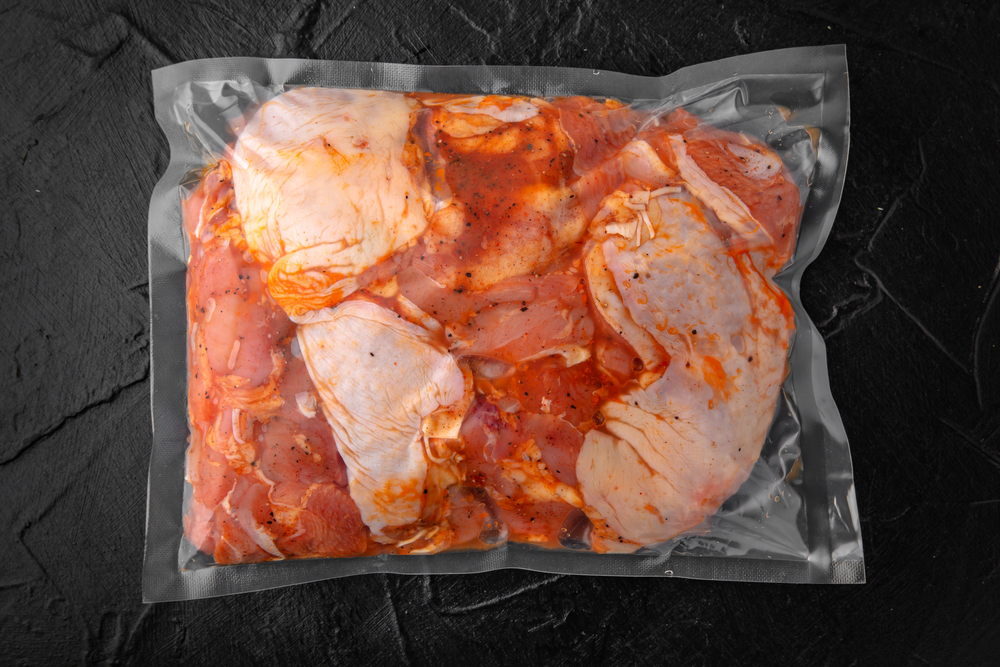
Leaving marinated food at room temperature can be a food safety hazard. Bacteria can multiply quickly at temperatures between 40°F and 140°F. Always marinate your food in the refrigerator, not on the counter. This not only keeps the food safe but also helps the flavors develop more evenly. If you need to marinate food quickly, place it in a shallow dish so it chills more rapidly. Proper refrigeration is especially crucial for longer marinating times.
Reusing Marinade
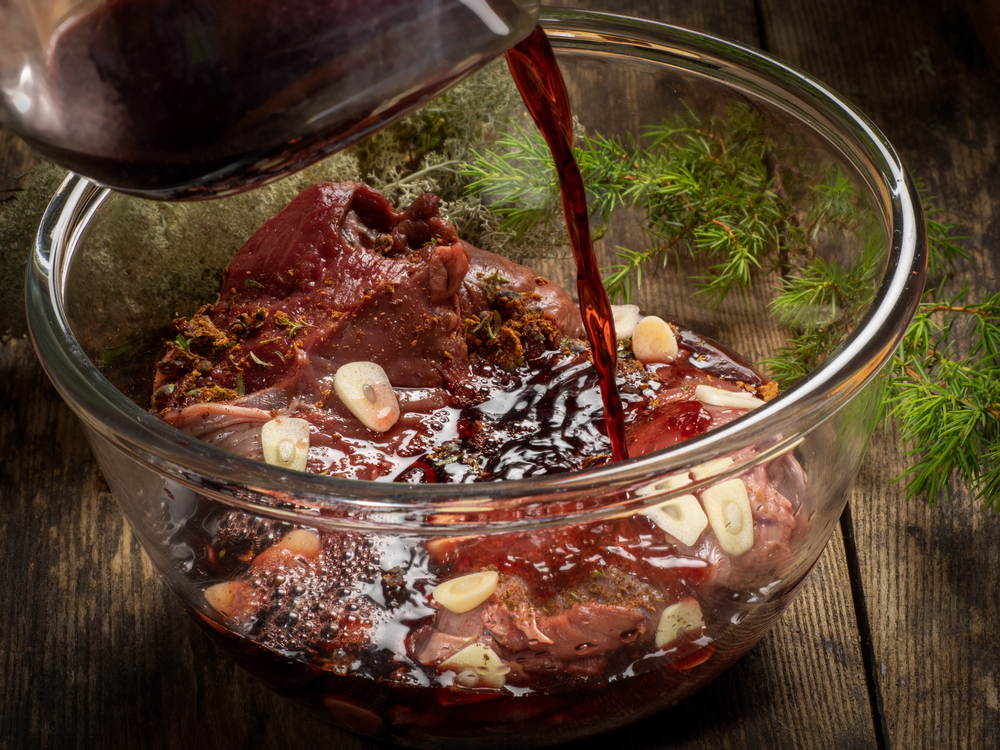
Reusing marinade that has been in contact with raw meat can lead to cross-contamination. The bacteria from the raw meat can multiply in the marinade, posing a risk if reused without cooking. If you want to use marinade as a sauce or basting liquid, set aside a portion before adding the raw meat. Alternatively, bring the used marinade to a boil for at least one minute to kill any harmful bacteria before using it again. This practice ensures food safety while maximizing flavor.
Using Oil-Based Marinades for Too Long
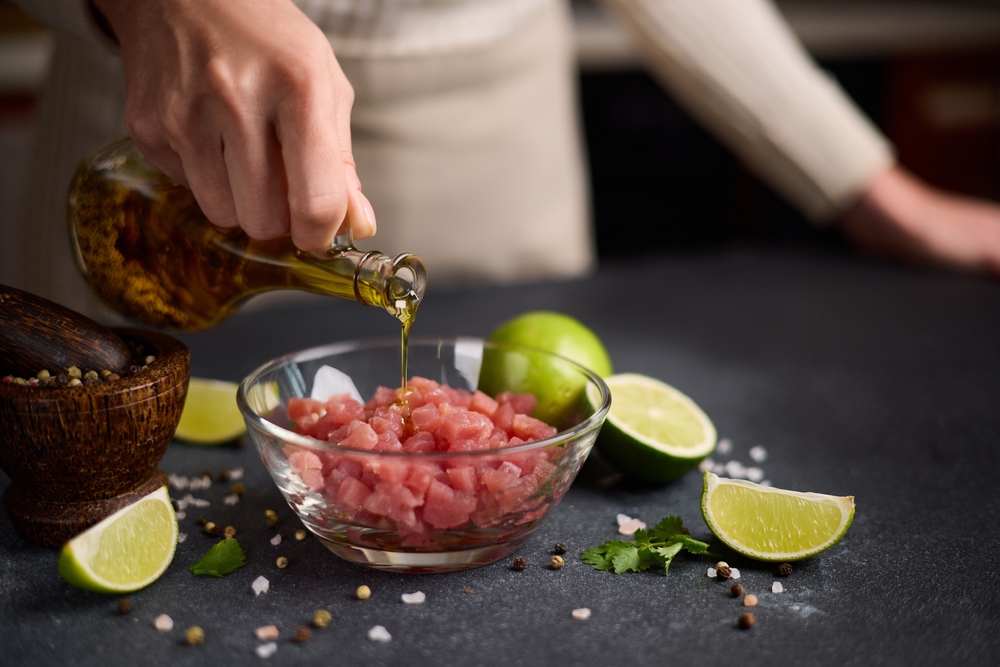
Oil-based marinades can create a greasy texture if used for extended periods. While oil is essential for carrying flavors and keeping the meat moist, too much can result in an unpleasant mouthfeel. To avoid this, use oil sparingly and balance it with other ingredients like vinegar or citrus. If you prefer a lighter marinade, opt for a higher ratio of acid and herbs to oil. This adjustment helps to prevent the food from becoming overly greasy.
Forgetting to Dry the Meat Before Cooking

Not drying the meat before cooking can cause it to steam rather than sear. Excess moisture from the marinade can prevent proper browning and lead to a less flavorful dish. Pat the meat dry with paper towels before placing it in the pan or on the grill. This step helps achieve a nice crust and enhances the overall taste. Additionally, avoid adding too much marinade to the cooking surface, as it can create steam and affect the cooking process.
Ignoring Marinade Ingredients’ Quality
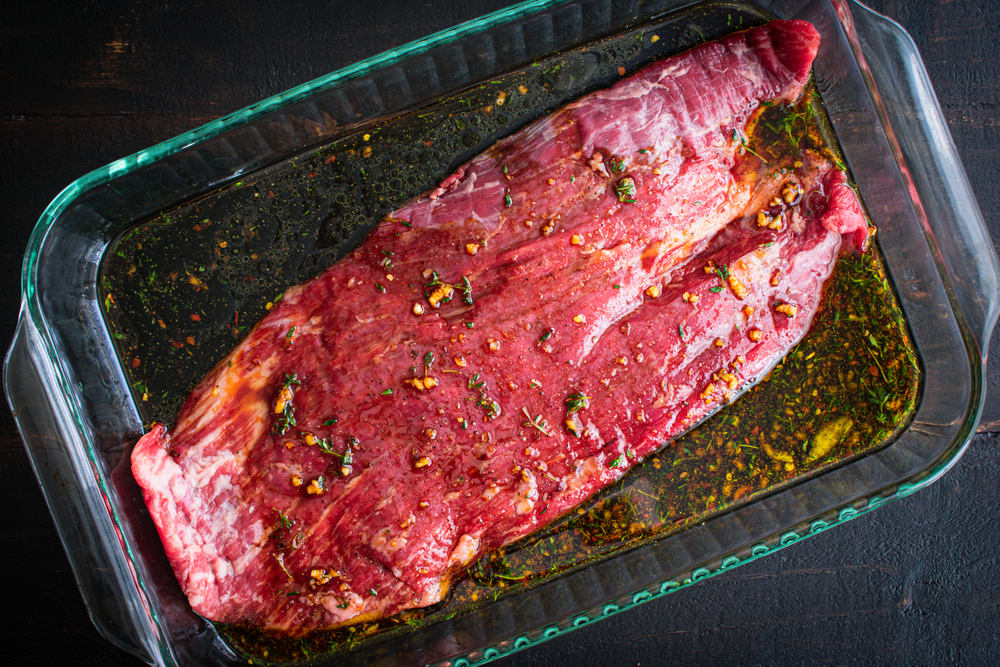
Using low-quality ingredients in your marinade can significantly impact the final dish. Fresh herbs, high-quality oils, and fresh citrus juices make a noticeable difference in flavor. Avoid using pre-made marinades with artificial ingredients and preservatives. Instead, make your own using fresh, high-quality ingredients. This approach ensures that your marinade enhances the natural flavors of the meat without adding unwanted artificial flavors.
This article originally appeared on RetailShout
More From RetailShout
15 Ways to Make a Ham Sandwich More Exciting
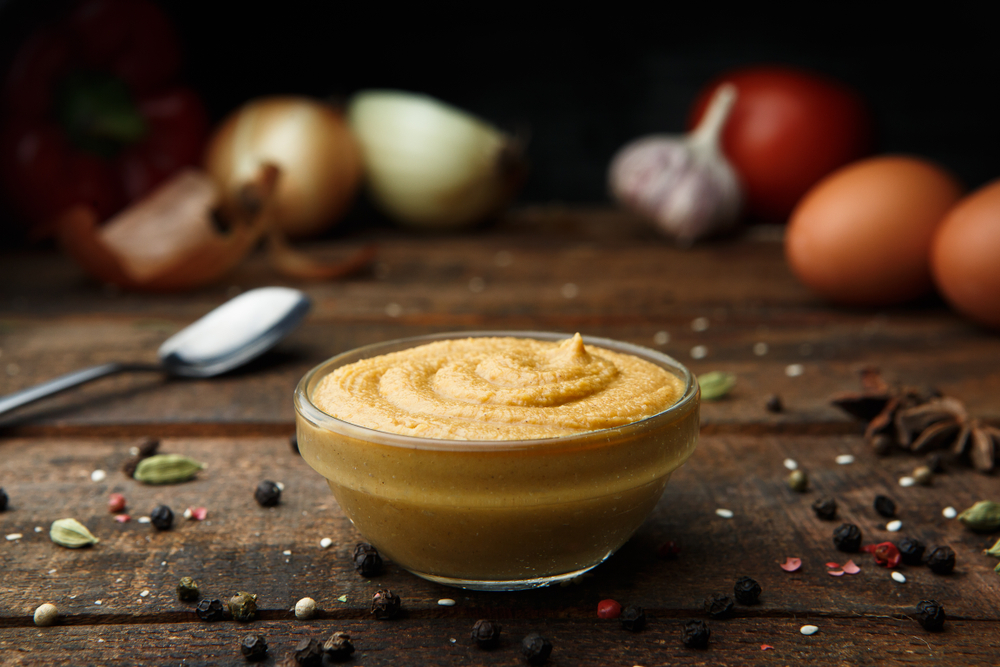
Sometimes, a plain ham sandwich can get a bit boring, but with a few tweaks and additions, you can turn it into something truly special. Whether you’re adding new ingredients or trying out different cooking methods, there are plenty of ways to make your ham sandwich more exciting and delicious. Read More.
16 Hassle-Free Weeknight Meals to Make in Under an Hour
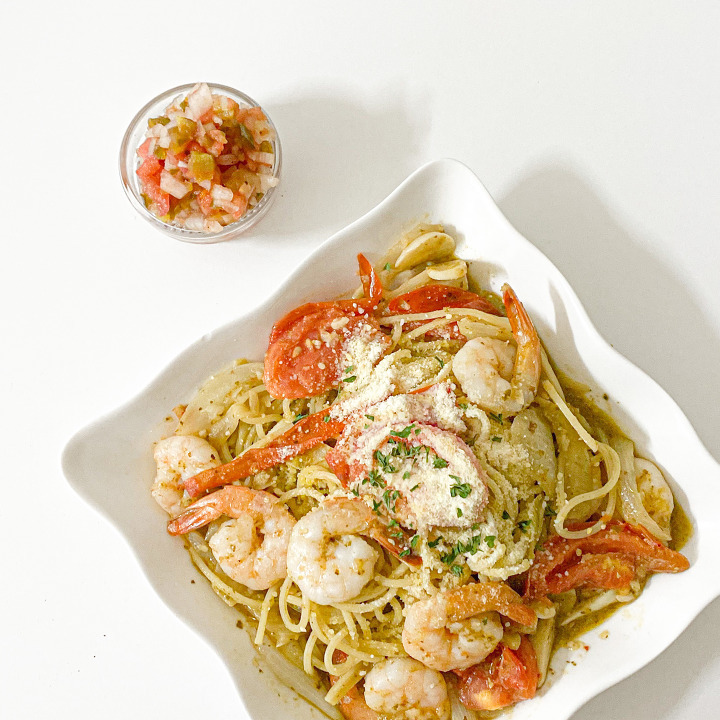
Weeknights can be hectic, but dinner doesn’t have to be a stress point. Imagine coming home and whipping up a delicious meal in under an hour, from prep to finish. These recipes are not only easy to prepare but also bursting with taste, ensuring you enjoy every bite without spending hours in the kitchen. Read More.
15 DIY Ice Cream Recipes to Beat the Heat

When the summer sun blazes and temperatures soar, there’s nothing quite like indulging in a cold, creamy treat to beat the heat. Making your own ice cream at home is not only fun but also allows you to get creative with flavors and ingredients. Read More.




